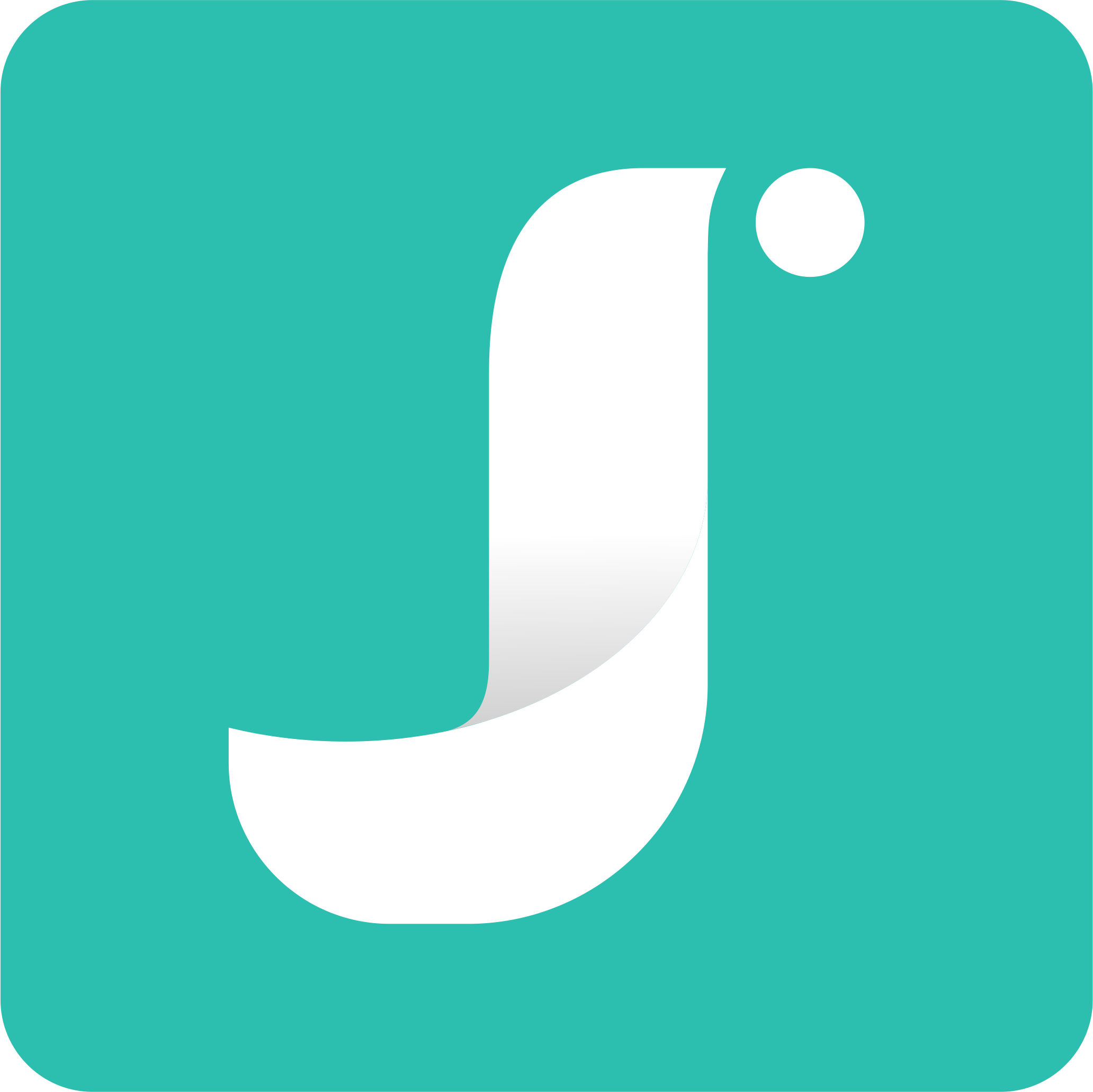5 Moves That Can Sink Even the Most Promising Job Interview
This blog post comes to us from our own Karen Friesen, senior copywriter and customer service extraordinaire.
You got the call. You got the call!! That company you’re itching to work for loved your resume and cover letter (or so it seems). Now you’ve got 48 hours to get ready for a big interview and you are SO PSYCHED!!
Deep breaths. Deep breaths. Head between the knees…annnd go! You’ve got work to do.
While all signs are strong that you’re coming in hot on this job opportunity, there are a few classic bad moves job seekers make that can sink even the most promising candidates. Here are five, and what to do instead:
1. Guessing on the Dressing
Ever notice how one company's business casual is another's Sunday's best? Do you know how people roll at the company you're walking into? You need to. You want to make it very clear right out of the gates that you're polished and put together, and someone who's going to fit in around the joint.
Rather than just guessing (and risking either under-dressing or over-dressing), try asking the person coordinating your interview for some tips on dress code. Or, worst case, do a little investigating online (social media is your best friend for this). What do their people wear at work? Observe then bump up your game a notch or two (not 15) from there.
2. Assuming You Can Wing It
Your competition is not winging it. I'm going to put that out there right now. On these grounds alone, you shouldn't plan to simply free-wheel it. Surely, you want to go in and have a genuine, engaging and not over-rehearsed conversation, but you've got to do your homework.
What is their history or mission? What's their core focus? Who are their competitors? What have they achieved recently? What do you know about their corporate culture?
Also, what might you say if they bust out the, "So, tell me about yourself" or "What's your greatest weakness?" (Which, invariably, they will.)
You spent the time and energy to capture their attention. Spend the time and energy to take this baby the distance.
(And, check this out if you need help answering 5 Super Common Job Interview Questions.)
3. Making it All About You
One thing’s for sure: at this stage in the game, the people doing the interviewing care almost exclusively about what you can walk through their doors and deliver. In other words, they care about what's in it for them. Certainly, they will care a lot about what you want (and work like hell to convince you to join them) if you're the best fit. And they'll fall over themselves to keep you happy once you've proven your value.
But at the early interview stages, they need to know what you can deliver. What problems can you solve? How will you make their lives easier? How will you help make the boss look good? How will you help them be successful?
Walk in ready to showcase these things instead. Sit tight (for now) on the laundry list of questions related to benefits, vacation time, cell phone allowance and access to the corporate jet.
4. Being Disconnected or Disrespectful
The dreaded D's can surely sink you. What are some of the most common ones? Showing up late is high on this list, but also ... showing up too early. No one wants to feel the pressure of knowing you're sitting in the lobby 40 minutes before your agreed upon start time. Sure, you want to get to the building in plenty of time, but don't walk in more than 10 minutes early.
Also, don't have your cell phone on (or visible) during the meeting. Nothing says, "I'm only halfway listening" more than someone who can't bear to cut the iPhone umbilical cord for an hour.
Another thing that'll come across as disconnected is if you're so busy waiting to blurt out answers to the questions you've practiced for hours, that you flat-out miss the opportunity to have a genuine, engaged conversation with the person across the desk.
Be aware that you're being evaluated for more than just hard evidence that you're the right fit. They're also looking for someone who has emotional intelligence, social decorum and an ability to connect with others.
5. Forgetting the (Timely) Thank You
Let's talk about the (true) tale of two candidates. They were neck and neck right up to the final interviews and the hiring team was having a heck of a time deciding who to choose. At the end of the last interview, Candidate 1 sent each person on the interview panel a customized, immediate thank you note. Candidate 2 figured, "Eh, I've said thank you three times already. It's not necessary at this point."
Guess who got the job offer? Yep. And guess what it came down to? Yep. The thank you note.
Thank you always matters. In this case, it mattered a whole lot.
Don't be Candidate 2. The moment you leave that interview and get back to your computer, thank the interviewer for her time and express your continued interest in the opportunity. This is also a great way to fill in any gaps, provide information you may have left out when you met in person and reiterate why you are a fantastic fit for the job.
(Need help writing it? Check out How to Nail the Thank You Note After the Interview.)
And last, but certainly not least ... once you've laid out your best effort in a job interview, don't freak out if there's radio silence for a few days. (Ask before you leave the interview what their timeline is, though.) It's common.
Companies often have the best intentions when it comes to wrapping up their decision on new hires, but all sorts of stuff can slow down the process -- vacations, further thought on the job description, making sure budget is there, demanding workloads, etc.
Keep on their radar, keep your wits about you, and know that the right one is out there.
Control what you can control (which is plenty), and don't get all coiled up over what you can't.
NEED SOME ADDITIONAL TIPS?
We’ve got you covered! If you’re already a LinkedIn Premium member, you have immediate, free access to our Video Interview Tips course that is filled with additional, more in-depth tips to help get you ready for your next interview. If you’re not a LinkedIn Premium member, you can sign up here for a free month of LinkedIn Learning, which scores you immediate access into this course (and our additional LinkedIn Learning tutorials), and all of the perks of the LinkedIn Career premium membership.
This post may include affiliate links. Please see our affiliate disclosure here. We only recommend people, products and services that we know and trust.











